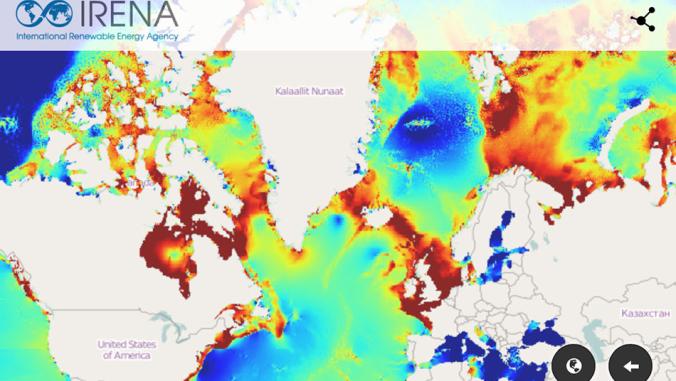Mars, Nestlé and Asda plant business case for protecting nature

Even small investments in water conservation or soil restoration make good commercial sense for large companies, according to business leaders and academics.
The argument for preserving so-called natural capital and the services it provides to the economy goes beyond reputation gains and takes in considerations of the bottom line, eight companies includingMars,Nestléand Asda have argued in a majornew report.
Published through the University of Cambridge Institute for Sustainability Leadership, the paper outlines the challenges and opportunities across the companies' operations and supply chains arising from increasingly scarce natural resources, such as fresh water, degraded soil and biodiversity.
The report details how a fifth of the world's aquifers are being overexploited, with 68 percent of Global 500 companies stating that water-related issues pose a substantial risk to their business.
Meanwhile, half the populations of mammals, fish, birds, reptiles and amphibians have been lost over the past 45 years, and the total annual cost of biodiversity loss and ecosystem degradation is said to be in the region of 7.5 percent of global GDP. A U.N. report published last year warned thatocean acidification will cost the global economy $1 trillion by 2100.
"Corporate profitability is threatened bydiminishing natural capital reserves, including water, biodiversity and soil," the CISL report argued. The food and beverage, fuel, feed and fiber sectors are set to see cash flows and business stability directly affected by natural capital impacts and dependencies in the coming years.
Climate risk
Asda said that climate change is likely to affect 95 percent of its fresh produce, putting as much as $570 million of value at risk from vulnerabilities linked to sourcing, processing and logistics.
"We rely on products which in turn rely on the resources underpinning our supply chains like water, soil and timber," said Andy Clarke, chief executive of the supermarket chain. "These are under increasing pressure from weather volatility, population growth and changing consumption patterns."
But while resource shortages put companies under financial pressure, the report stated that "considerable opportunities and revenue growth can be generated" by incorporating natural capital considerations into decision-making processes.
For example, the report stated that companies can decrease costs by securing flows of crucial resources, reduce risks through more sustainable supply chains and enhance brand and organization reputation by protecting natural capital.
A separate recent report by the government's Natural Capital Committee said that planting250,000 additional hectares of woodland near towns and cities could generate more than $770 millions net benefits for society, while restoring 140,000 hectares of peatlands in upland areas would deliver $880 millions of benefits over 40 years in carbon values alone.
Urgent need for trusted data and research
The companies involved in the CISL report have all taken steps to address natural capital pressures, but the organization warned that few others have followed their example.
"A comprehensive body of evidence that connects environmental enhancement to business gains, and links strategic investment in natural capital to positive business returns, is required to shift mainstream business practice," wrote Jake Reynolds, director of business platforms at CISL, in the report.
"There is an urgent need for trusted data and research that enables companies to make commercially interesting arguments for investing in natural capital at scale."
CISL said its members are working to build up this body of evidence. The organization is calling for more companies to get involved and provide an insight into how they measure and tackle natural capital risks.
What is clear is that the declining trends that characterize natural capital stocks mean that business-as-usual is no longer an option for millions of firms that will be directly affected by the continued erosion of ecosystem services.
This story first appeared atBusinessGreen.




